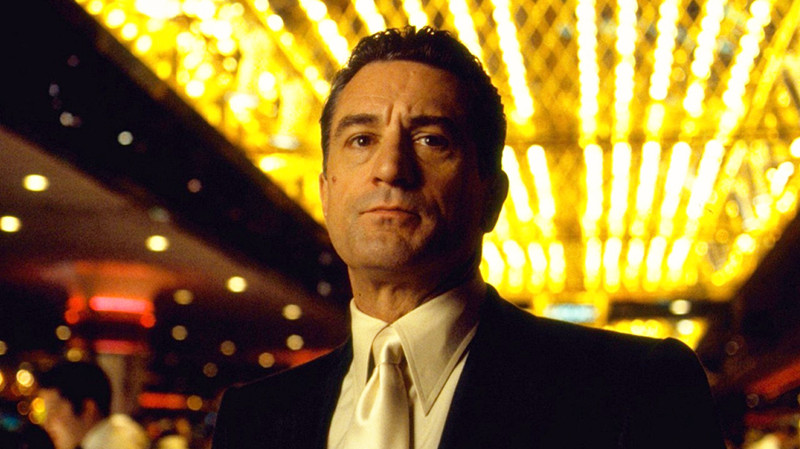
Whether it’s John Lennon and Paul McCartney, Mario and Luigi, or bacon and eggs, it takes two to make a thing go right. Sure, Martin Scorsese and Robert De Niro have made a wealth of great movies without one another, and even if you removed their iconic collaborations from the annals of history, they’d still sit comfortably in the pantheon of American cinema as two of the best to ever do it. But whenever this pair of streetwise legends have joined forces in the past five decades, it has yielded historic results, spawning a sea of timeless classics under their name that has revolutionized cinema as we know it and influenced an entire generation of filmmakers and actors.
Almost 50 years removed from ‘Mean Streets’, the film where their creative marriage began to take shape, Scorsese and De Niro’s legacies are now firmly intertwined to the point that it’s inconceivable to talk about one without mentioning the other—much like Ingmar Bergman and Max Von Sydow, Akira Kurosawa and Toshirō Mifune or John Cassavetes and Gena Rowlands. History has taught us that there’s not many things better for a director than finding a perfect muse—one that forms a close bond, understands your vision and brings out the absolute best of you. That has always been the case with these two Lower East Side kids, who grew up a few blocks apart and feed off each other’s strengths in each of their artistic endeavors.
The upcoming ‘Killers of the Flower Moon’ will mark their tenth collaboration to date. As we anxiously wait for the Apple TV+ film, we’ve assessed all nine of their previous efforts—from ‘Mean Streets’ all the way to ‘The Irishman’—to celebrate one of the most fruitful dynamic duos of all time. And before you ask, no, we’re not counting the 2013 glorified commercial (‘The Audition’) for any purposes of this list.
9. New York, New York (1977)
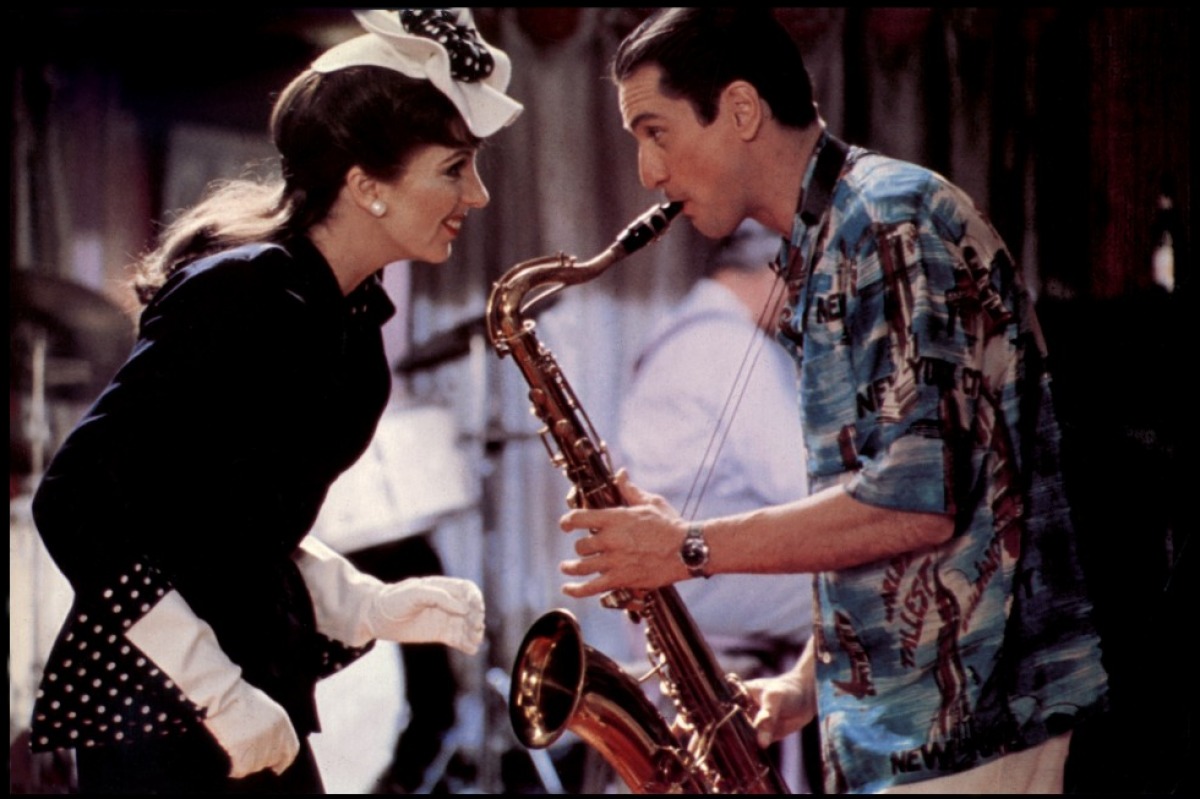
In a list full of certified classics that’ve gracefully stood the test of time, this widely-maligned 1977 musical romance sticks out like a sore thumb. ‘New York, New York’ stars Robert De Niro as a fairly unlikable jazz saxophonist who falls for a pop singer upon his return from World War II. Scorsese brings out all the glitter and pizzazz extravagance that one would expect for a film of this ilk, conjuring up a magical, if toothless, vision of the Big Apple that echoes the golden era of Hollywood. And though it does work as a palette cleanser after a string of violent, pitch-black dramas, ‘New York, New York’ feels at odds with the director’s winning formula, treading closer to conventional schmaltz than any entry in his lengthy catalog.
By virtue of being a Scorsese film, there’s a few standout moments in between—most notably Liza Minnelli’s version of the song that Sinatra later turn into New York City’s calling card—but the film runs its course rather quickly and overstays its welcome throughout a strenuous, seemingly-endless runtime that feels worse than the sum of its parts. Unless you consider yourself a diehard completist, steer clear of this one.
8. Cape Fear (1991)
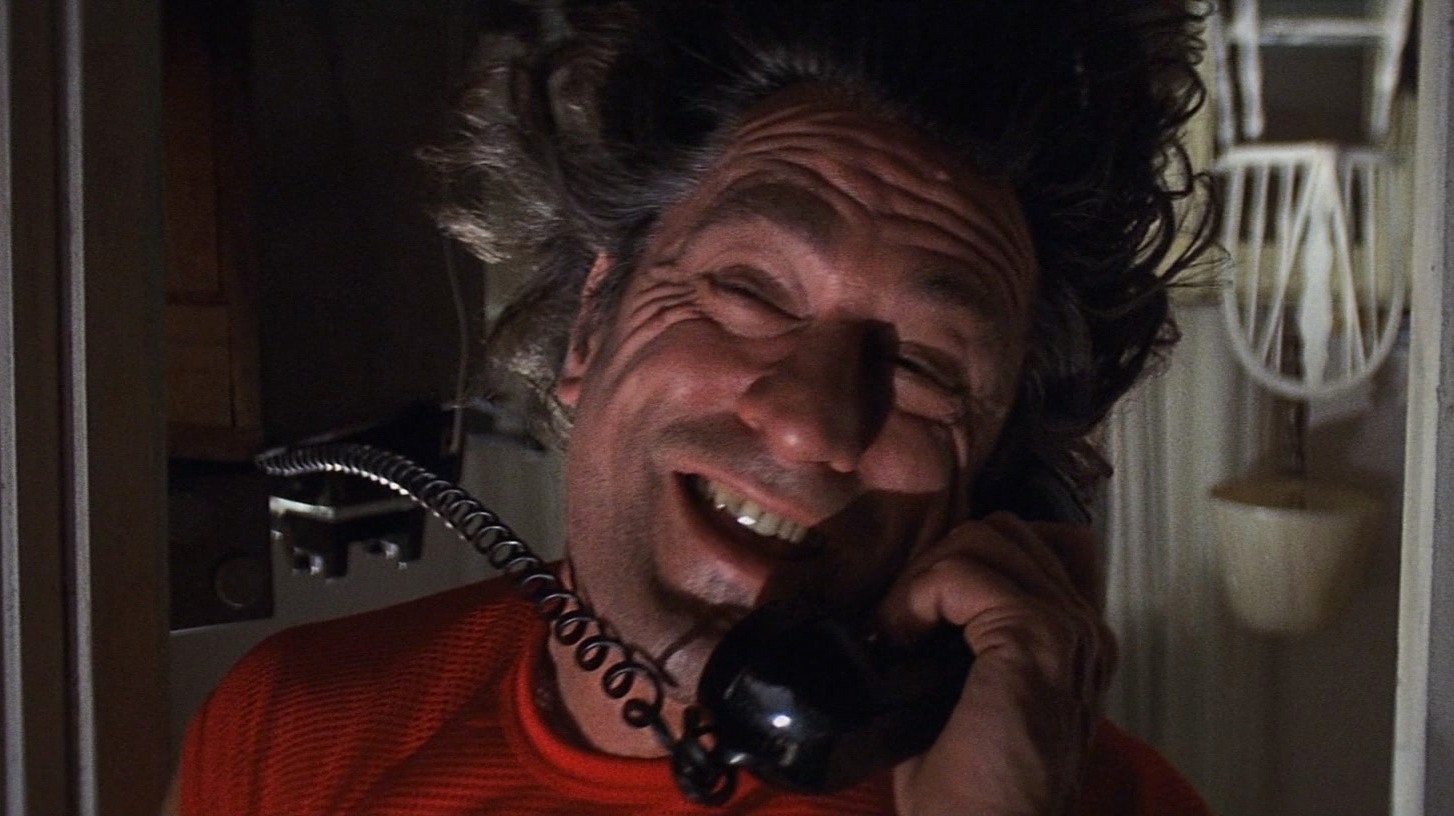
While we’re not ready just yet to reclaim this thriller as a masterpiece that should be mentioned in the same breath as the 1962 original, that doesn’t mean it isn’t worthy of your time. ‘Cape Fear’ feeds off De Niro’s mercurial presence as Max Cady, a tattooed, newly-released rapist who leaves no stone unturned in order to exact revenge on the public defender (Nick Nolte) who sat on key evidence and put him behind bars fourteen years ago.
Living up to Robert Mitchum’s timeless performance as the Southern-accented, bible-reading one-man wrecking crew is something only a handful of actors could have pulled off without missing the mark spectacularly. But De Niro imbues the character with an over-the-top, unhinged intensity that makes it thoroughly his own—embodying the tightrope-walk between ludicrous and creepy that plays quite nicely to the film’s overall tone. ‘Cape Fear’ is hardly the defining achievement of Scorsese’s career, but what it may lack in subtext compared to the following entries in the present list, it more than makes up for with heaps of style, high-wire drama and a few bone-chilling scenes that would make Brian De Palma himself turn away in disgust.
7. Mean Streets (1973)
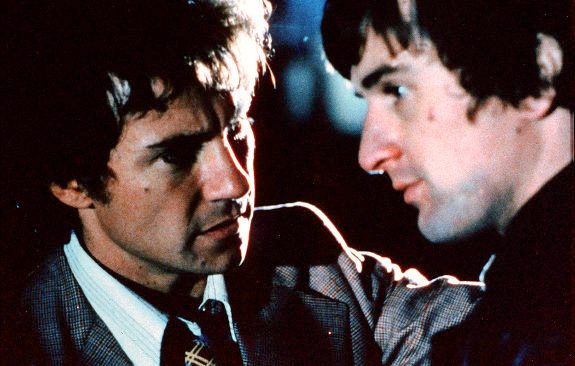
The one where it all began. Scorsese’s Little Italy coming-of-age story may seem a bit rough around the edges when pitted against the more refined efforts that followed it, but the film essentially laid out the groundwork for every subsequent mob epic and set in motion the most fruitful pairings of all time, all the while establishing the director as a household name in its own right.
De Niro and Scorsese were already on each other’s radar when they were properly introduced at a holiday party hosted by Jay Cox right shortly before ‘Mean Streets’ hit production. The rest is history: the actor initially missed out on the lead role, the wistful loan shark Charlie—which would go to another Scorsese favorite in Harvey Keitel—but he didn’t waste any time making his presence felt as his reckless younger brother Johnny ‘Boy’. The latter is a loose cannon whose careless shenanigans puts him with one foot on the grave despite Charlie’s best efforts to protect him from every tough guy in the five boroughs. Watching him push his luck and fumble himself into trouble at every turn is just as exhilarating as it is emotionally draining.
6. Casino (1995)
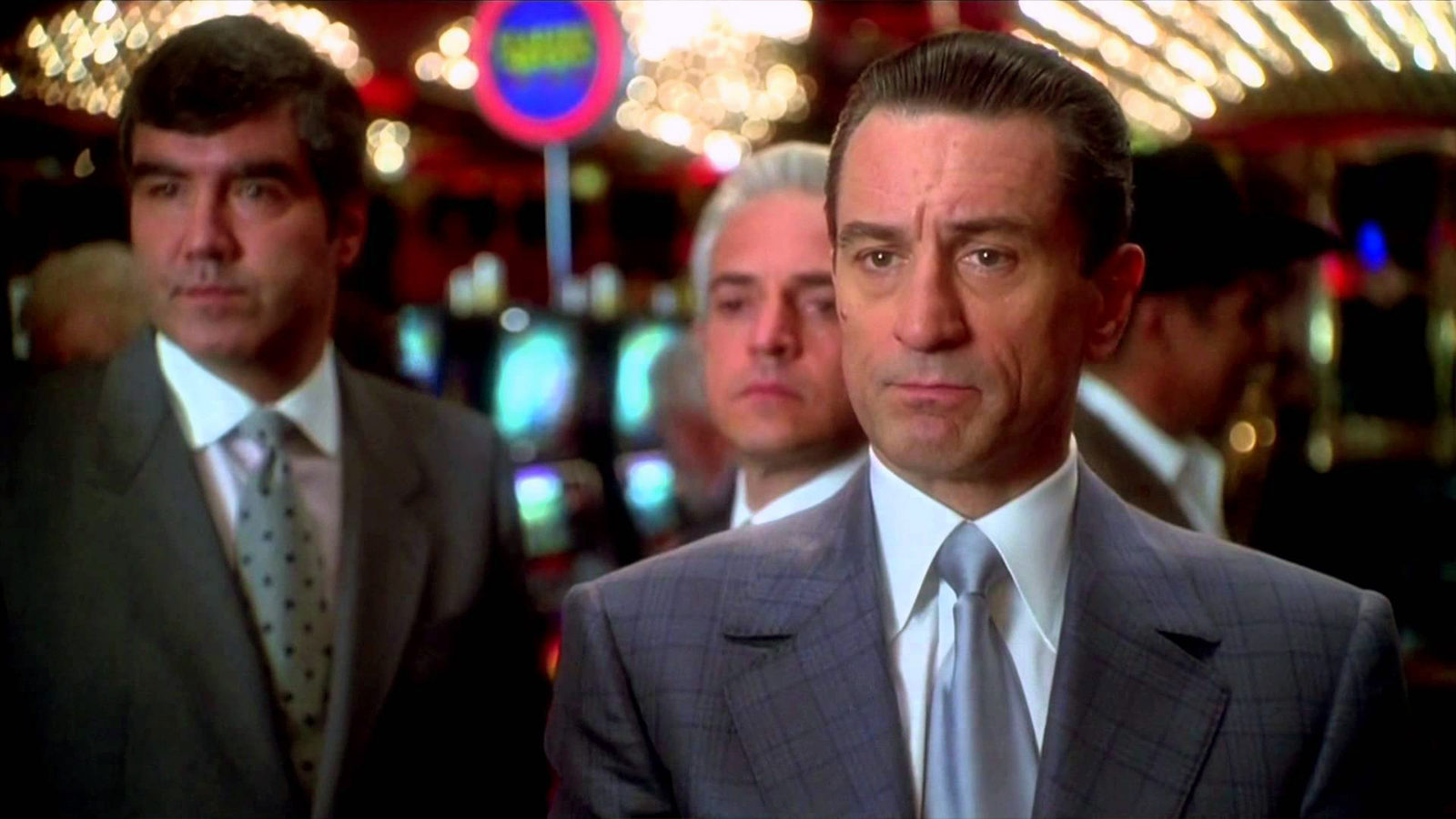
Success comes at a steep price. When it comes to celebrating Scorsese’s king-sized catalog, ‘Casino’ elicits a muted response compared to the rest of his god-tier hits. Much of this has to do with the fact that, deservingly or not, it will always stand in its 1990 predecessor’s shadow. Though it would be disingenuous to dismiss the film altogether as a ‘Goodfellas’ retreat, it certainly sketches similar story beats and characters while tweaking just a few elements at play. The result is an absorbing, if also bloated, portrait of organized crime anchored by De Niro’s commanding performance as Sam ‘Ace’ Rothstein, a Jewish mafioso and sleazy casino manager who’s just a cog in the relentless machine that keeps Sin City rolling.
Everyone seems to be trying extra hard to outdo themselves, whether it’s Joe Pesci portraying yet another hot-headed, ultraviolent mob enforcer whose days are numbered, or Scorsese cramming a dozen Rolling Stone needle drops at breakneck speed. But there’s an unshakeable feeling that we’ve all been here already, and much of the novelty has worn off compared to the 1990 counterpart. Fortunately, everyone involved is so incredibly talented that a film made on autopilot is a bona fide masterpiece in its own right.